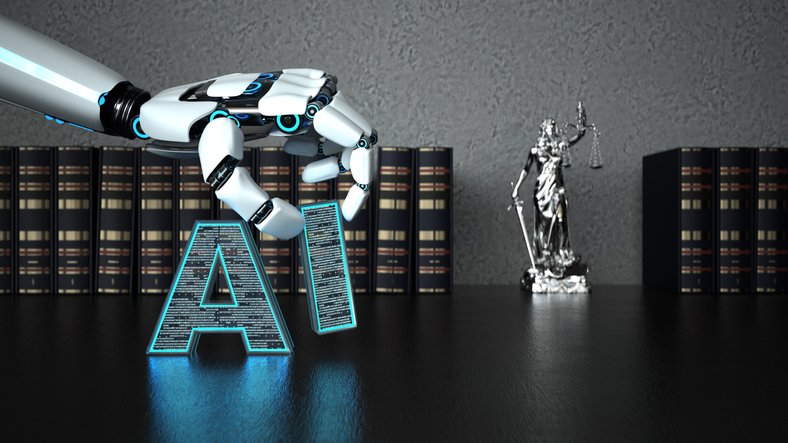Navigating the Intersection of Artificial Intelligence and Legal Concerns
Artificial Intelligence Explained
Artificial Intelligence (AI) and its subset, Machine Learning (ML), have been a hot topic in the technology field for some time now. Among the many programs that have gained popularity, ChatGPT is one such example. ML involves training algorithms by providing input and expected results, which are used in various applications such as spam filters. When users give examples of classified spam emails, the ML algorithm learns to identify patterns and improve its ability to detect spam messages.
This convergence of AI and legal concerns has become an increasingly significant area for companies and organizations to navigate. With the potential risks that come with the use of AI, businesses must ensure that they comply with legal regulations and ethical considerations to avoid any negative consequences. The ability of AI-powered systems to learn, adapt, and make decisions has raised concerns about issues like privacy, bias, and accountability. As such, companies need to consider these factors when implementing AI and ML technologies.
What are the Legal Implications?
The legal implications of this tendency have become a topic of concern as AI programs continue to create art, written content, and other media. The central issues revolve around ownership of AI-generated content and whether it can be claimed as one's own. The commercial use of AI-generated content also poses legal challenges. It is crucial to highlight that AI programs do not create content independently; they rely on human content creators as their source. The United States Copyright Office has refused copyright registration for AI-generated art because no human authorship is involved, leading to ambiguous ownership. Under current US law, the owners of AI technology could face potential copyright infringement lawsuits depending on how they source content for their ML algorithms. For example, if the new art is considered an unauthorized derivative or the AI stores a replica of existing art, it could result in legal issues. Therefore, it is crucial to ensure that the content provided as input to AI systems is authorized and does not infringe any existing copyrights.
As AI becomes increasingly prevalent in our lives, it brings various legal challenges related to intellectual property. In particular, protecting AI-generated art can intersect with patent law, which varies from country to country. For example, in Canada, the authorship of AI-generated content can vary and may include AI developers, users, the AI system itself, or even the public domain where no intellectual property protection applies. Meanwhile, the European Union is currently undergoing the legislative process to establish regulations governing the use of AI across the region through the EU Artificial Intelligence Act. With the rapid advancement of technology, significant changes in the legal landscape surrounding AI are expected shortly.
Athena Innovation & Legal
Would you like to learn more about how we leverage AI in our legal services? If so, we can arrange a consultation to discuss the technical aspects in detail. Please click below to schedule the consultation at a time that works best for you.
**The information provided herein is a general background of contractual, technology and intellectual property law concepts. It does not constitute legal advice, and should not be relied upon as legal advice. Athena Innovation & Legal, nor the author, make no express or implied representations or warranties in respect of the information, including but not limited to the accuracy of the information.**

